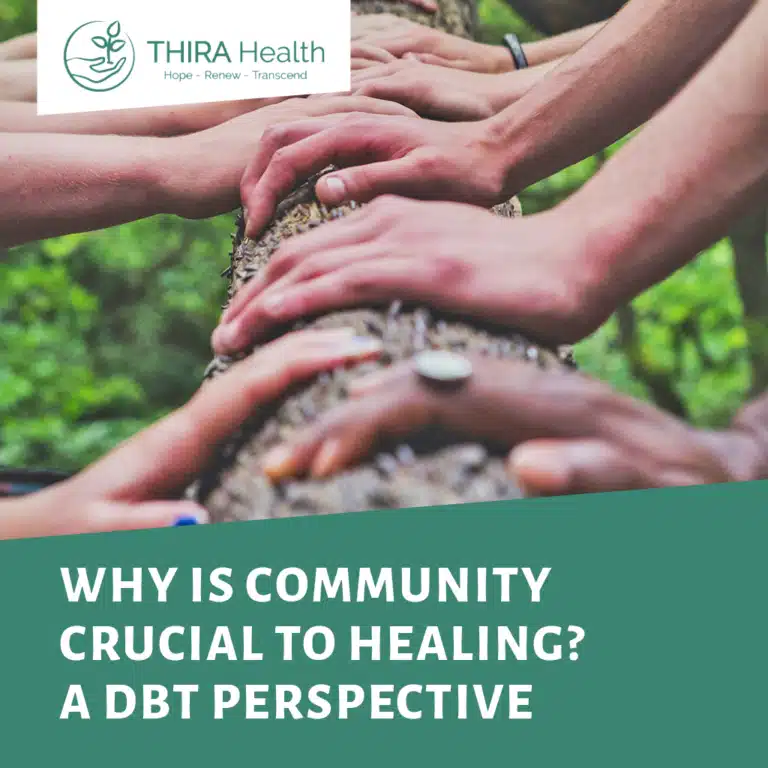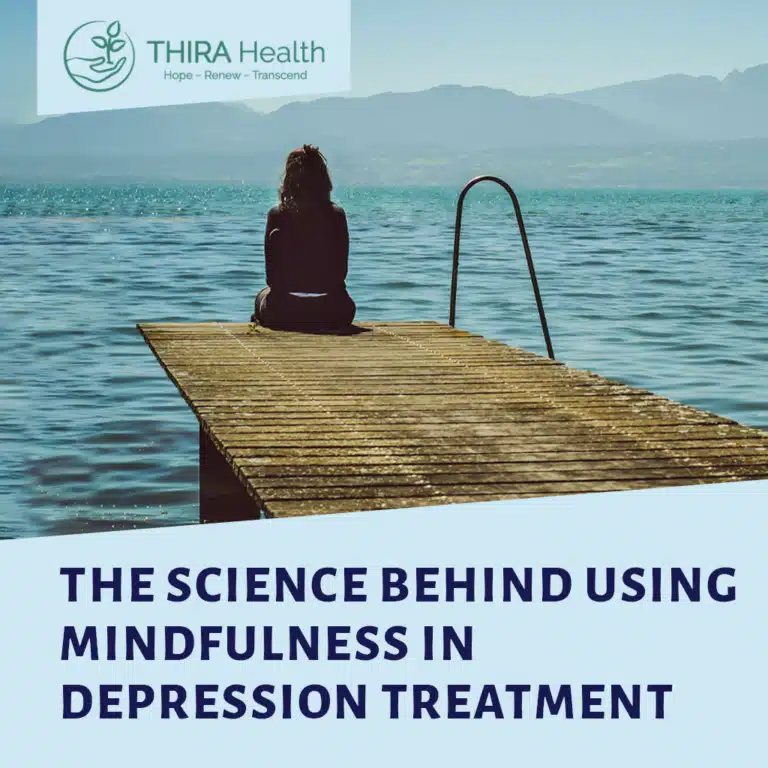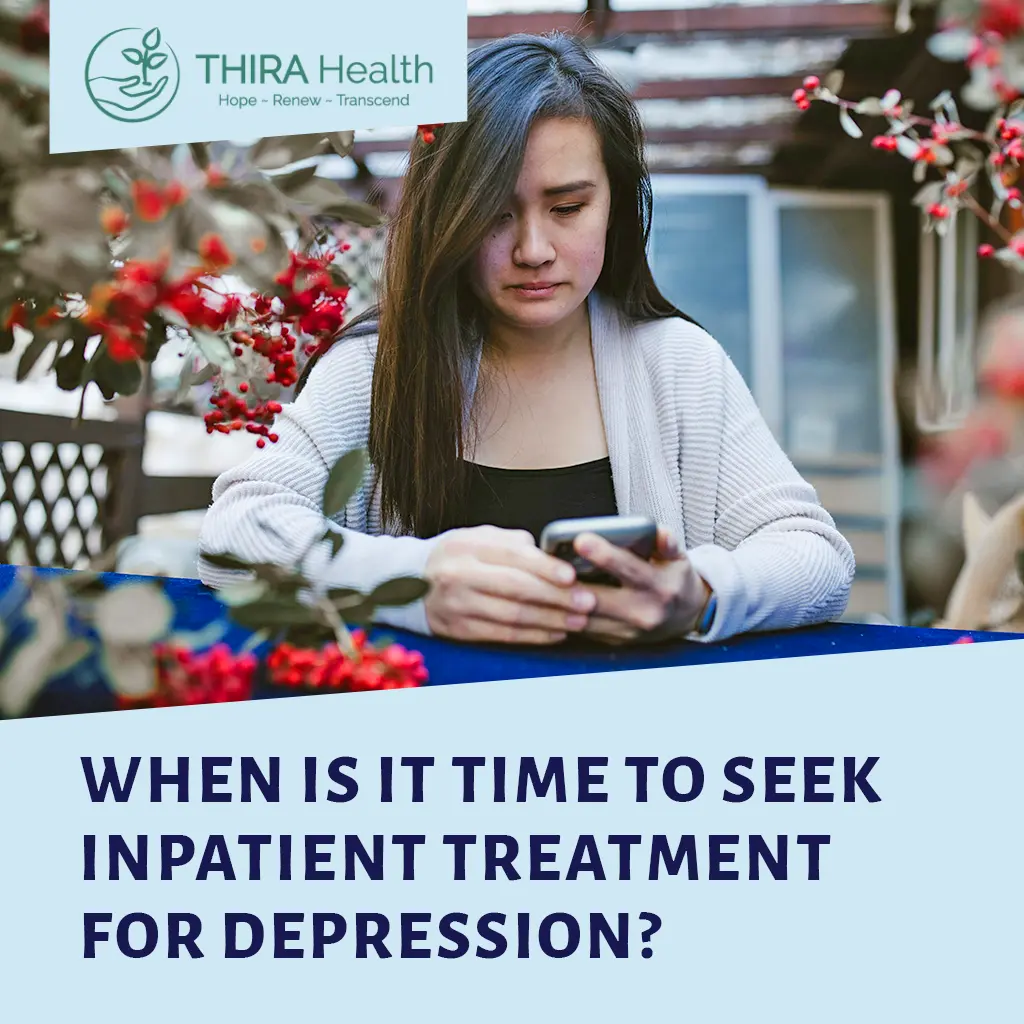According to the National Institute on Alcohol Abuse and Alcoholism, alcohol abuse may contribute to signs and symptoms of co-occurring problems. Most commonly, these symptoms are related to depression, anxiety, psychosis, and antisocial behavior.
How DBT can be leveraged as treatment for alcohol abuse
Alcohol abuse is often a sign of coping or self-medication that evolves into dependence. Often, dependence on alcohol will cause consistent mood issues and weaken an individual’s ability to manage emotions. DBT is commonly used in instances of mood dysregulation, and as such, it can be a good fit for alcohol abuse patients also dealing with anxiety and depression.
DBT emphasizes learned coping techniques, which can help an alcoholic make positive changes in their life and find other means of coping. Additionally, DBT techniques can help people rid themselves of the guilt and shame so often associated with an alcohol abuse problem.
A few specific DBT techniques that can aid in treatment include:
- Alternate Rebellion
- Adaptive Denial
- Burning Bridges
- Dialectical Abstinence
Ultimately, the life skills training in DBT sessions can offer tools for individuals to mitigate an ongoing dependence on alcohol while addressing emotional disorders. Each individual is different, and anyone considering DBT for alcohol-related treatment should consult with experts beforehand. Often times, DBT is part of a strong treatment plan for individuals dealing with alcohol abuse problems, but it may need to be integrated with other approaches and treatments.
Reducing stigma and finding support
50% of people with a substance abuse problem also deal with a psychiatric disorder. However, only 9% (or less) of people who struggle with alcohol abuse get proper treatment (Substance Abuse and Mental Health Services Administration). If you or someone you know is dealing with the challenge of co-occurring disorders linked with depression and/or anxiety, get in touch with our team today!







